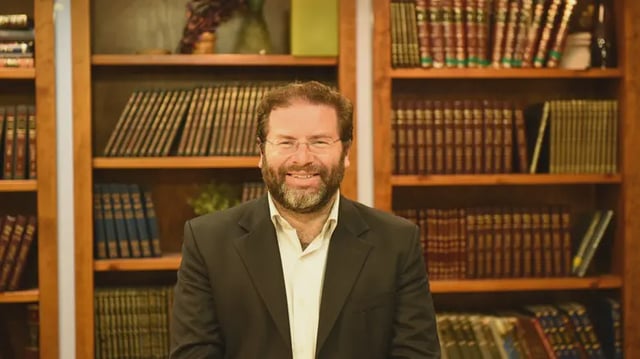Overview
- Aish.com publishes an essay arguing that Sukkot’s happiness arises from dwelling in a temporary sukkah that exposes human vulnerability and dependence.
- The piece contends that existential doubt dissolves in the sukkah, yielding clarity that God runs the world and a corresponding sense of peace.
- It emphasizes that the Torah commands living in the sukkah for seven days to internalize this perspective rather than treating it as a brief ritual.
- The author describes the festival’s joy as a durable memory believers can draw on during periods of anxiety throughout the year.
- Sukkot is framed as both a commemoration of the desert’s Clouds of Glory and a present-tense experience of protection and truth.


